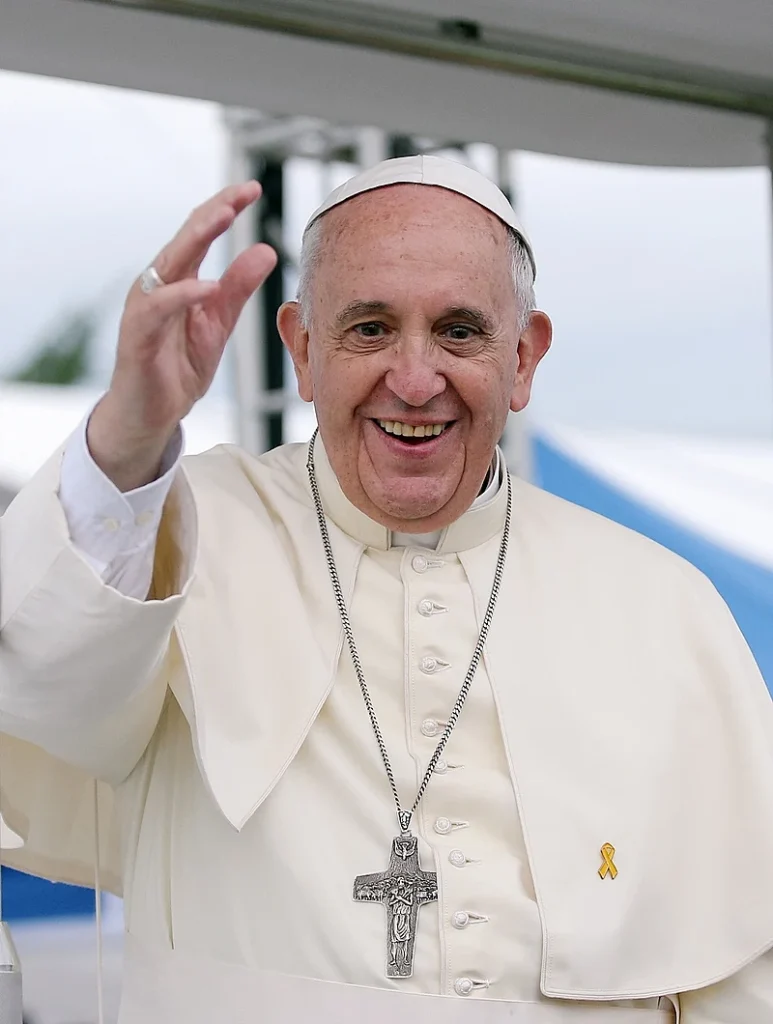VATICAN CITY — When a world leader dies, a wave of political jockeying often follows. But in the Vatican, where the Catholic Church now mourns the passing of Pope Francis, the path to leadership unfolds in utter silence — and absolute secrecy.
There are no speeches, no campaign trails, no political alliances. In fact, Cardinals are expressly forbidden from doing any of it.
According to the Apostolic Constitution Universi Dominici Gregis — the document that governs papal elections — Cardinals must not lobby, campaign, or promote themselves or others in any form. The rules, revised by Pope Benedict XVI in 2013, strictly prohibit:
- Making promises or political deals
- Forming alliances
- Exchanging votes
- Any form of campaigning
Violating these guidelines can render the election null and void. “Cardinals must enter the process in prayer and discernment, not ambition,” the Constitution affirms. Their role is to listen for the guidance of the Holy Spirit, not the whispers of power.
Locked in Secrecy
The election of a new Pope, called a conclave, is one of the most secretive events in the modern world.
Only Cardinals under the age of 80 are eligible to vote — a group capped at 120. These electors are sealed inside Vatican City, staying at the Domus Sanctae Marthae and casting their ballots in the Sistine Chapel beneath Michelangelo’s Last Judgment.
All communication with the outside world is cut off. No phones, no media, no messages. Voting happens up to four times per day, and after each round, ballots are burned — black smoke signals no decision, white smoke reveals that a new Pope has been chosen.
The process may take days, sometimes weeks, depending on how quickly consensus is reached. A successful candidate must secure a two-thirds majority to be elected.
Spiritual Discernment, Not Politics
The current rules were shaped to safeguard the Church’s spiritual integrity in a globalized, hyper-connected world. The Universi Dominici Gregis makes it clear: the election must reflect spiritual readiness, not political maneuvering.
Campaigning of any sort — even quiet “kingmaking” behind the scenes — is banned. Breaking secrecy is so serious it results in automatic excommunication.
The next Pope will be someone chosen through silent votes, not vocal endorsements. And that person may not even come from the expected frontrunners.
The Death of Pope Francis
The conclave follows the death of Pope Francis, who passed away on Easter Monday at age 88. His body lies in state at St. Peter’s Basilica, drawing crowds of mourners from around the world. His funeral, scheduled for Saturday, will be attended by global leaders including the Prince of Wales and UK Prime Minister Sir Keir Starmer.
Francis, known for his humility and global outreach, leaves behind a complex legacy — one that the next Pope will inherit and redefine.
As Catholics around the world turn their eyes toward the chimney atop the Sistine Chapel, one thing is certain: the next Pope will not have campaigned for the job. He will be chosen in silence, by men bound by secrecy and guided — if tradition holds — by something greater than politics.

